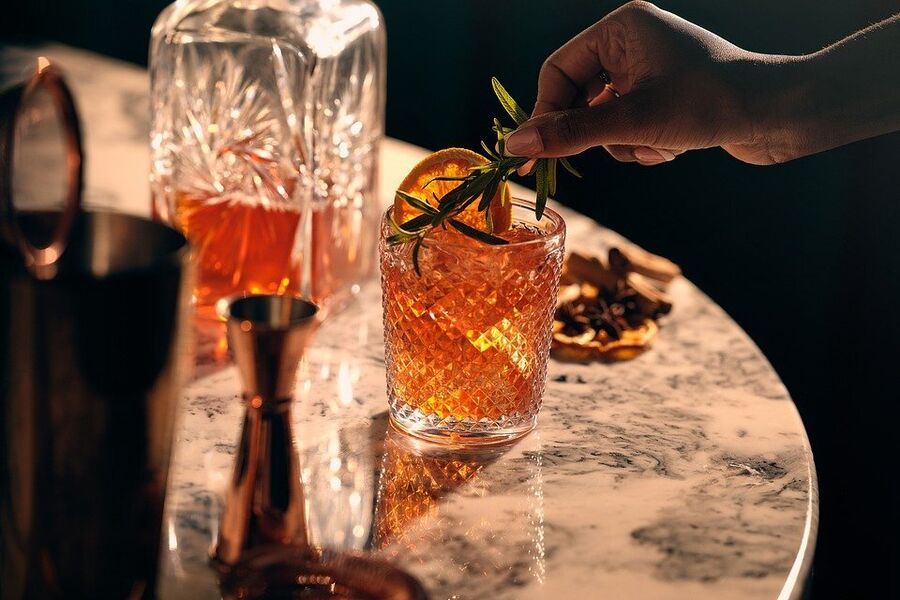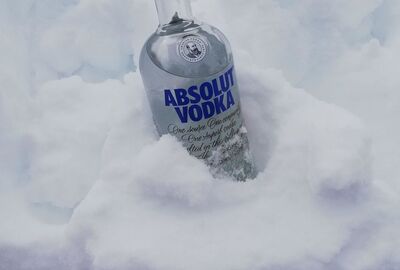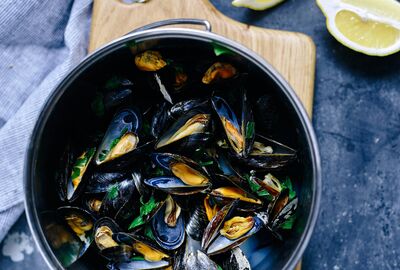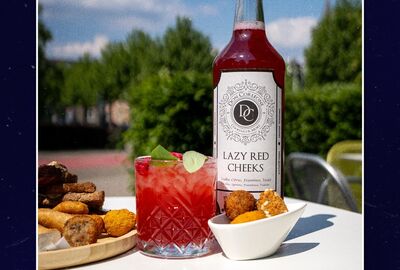
Have you recently bought some new bottles of whisky and want to taste them all instead of drinking them one by one? Or did you have to open several bottles of alcohol to make cocktails during your last BBQ? Then the question arises: how long can you actually store an opened bottle?
How long can you keep a bottle of spirits, once opened?
An opened bottle of spirits can generally be stored for quite a long time, but the flavour and quality can deteriorate over time. Once there is only a quart left in your bottle (although this is more of a guideline than a hard rule), slow oxidation caused by the interaction of the spirit with the air in the bottle begins to affect the flavour. The spirit then becomes, after years of oxidation, still not bad, but more bland in taste. So it's best not to leave the last remnants open for years if you want to continue enjoying your bottle of spirits as it originally was.
What is oxidation?
The greatest enemy of an opened bottle of spirits is oxygen. Oxidation occurs when a bottle of alcohol comes into contact with oxygen from the air after the bottle has been opened. This can lead to changes in the taste, smell and colour of the drink. For example, a whisky exposed to air for too long can develop a flat flavour, while wine can become vinegary.
Counteract and prevent oxidation of your spirit
To reduce oxidation, it is important to seal the bottle tightly and keep it in a cool, dark place. But what else works?
You can also prevent oxidation by transferring the spirit into a smaller bottle, so that there is again proportionally less air with the spirit. Pharmacy bottles are often used for this, but visually they are less interesting to display in your bar cabinet. A glass carafe (with e.g. a glass stopper) is not suitable for storing your spirit for a long time, unless it can be sealed airtight.
There are some methods that are often mentioned but ineffective for storing an opened bottle of alcohol longer. We would like to help eliminate these:
- Rotating the bottle: Some people believe that rotating the bottle after pouring helps prevent oxidation, but this has little to no effect. It can even allow air into the bottle, which can speed up the oxidation process.
- Adding water: Adding water to an opened bottle of alcohol does not help prevent oxidation. In fact, it can dilute the flavour of the drink and reduce its quality.
- Pouring the spirits into a glass decanter: A glass decanter (with e.g. a glass stopper) is usually not suitable for storing your spirit for a long time, unless it can be sealed completely airtight.
Some exceptions...
- In general, it is best to consume the bottle as soon as possible once it drops below 25% to preserve the best flavour and quality.
- Did you know that some fortified wines are even better on day two than on day one? Red wines in particular can just benefit from exposure to oxygen after opening. This process is known as "breathing" or "decanting". Allowing the wine to breathe allows the aromas and flavours to develop.
- Peated whiskies (e.g. Islay whiskies, aged and matured whiskies and flavoured drinks can also just get better the longer they are kept.
- Creamy liqueurs do not keep as long as spirits such as whisky, rum and vodka. It is recommended that they are definitely not kept for more than 1 year.
Angel's Share
When spirits like whisky, cognac or rum mature in wooden barrels, a small part of the alcohol penetrates the pores of the barrel and evaporates into the air outside the barrel. This loss through evaporation is symbolically called "angel's share", as it appears as if angels are taking a share of the drop as the drink matures.
When a bottle of liquor is opened, but even unopened, gradual evaporation also occurs. This too can lead to a slow decrease in the volume of the drink in the bottle, similar to the "angel's share" phenomenon during the maturation process in barrels.
Infinity Bottle
"In the whisky world, it is a well-known phenomenon that people with an extensive collection create an "infinity bottle". In it, they pour all their leftover whisky together to create their own unique blended whisky from all the things they like. Each sip from that infinity bottle they then top up each time with another leftover whisky, so their blend keeps evolving into something new. So you can always offer a personal creation, which is also a reflection of yourself."
So an Infinity Bottle is basically a way to create your own unique blend of whisky (or any other spirit). The idea is to combine small amounts of different whiskies in one bottle, ultimately creating a blend that reflects your personal taste. Below, we list some tips for building your own infinity bottle:
- Choose your bottle: Select a bottle that is not only aesthetically pleasing and can serve as an accessory, but is also large enough to house your blend. A bottle with a wide opening facilitates adding whisky.
- Choose your whiskies: Combine different styles, ages and brands of whisky to create a complex and balanced flavour. Don't be afraid to experiment with different combinations!
- Keep a log: Record which whiskies you added and in what proportions in a logbook. This can be invaluable if you want to replicate the blend or make adjustments in the future.
- Start adding small amounts of whisky to your infinity bottle: You can always add more, but you can't remove whisky. That's why your leftovers are ideal for the infinity bottle

Marketing • Blogger
As a creative jack-of-all-trades in the marketing world, I also bring that imaginative flair to my drink choices. Whether on a night out, sunny vacation or social gathering with girlfriends, I'm always in my element with a refreshing cocktail in hand. Cocktails have stolen my heart because of the endless possibilities to experiment and explore. My favorite cocktail of the moment is the "Lazy Red Cheeks"! A delicious cocktail using vodka as a base. I love vodka because it mixes perfectly with non-alcoholic drinks. My favorite spirit? Rum!








